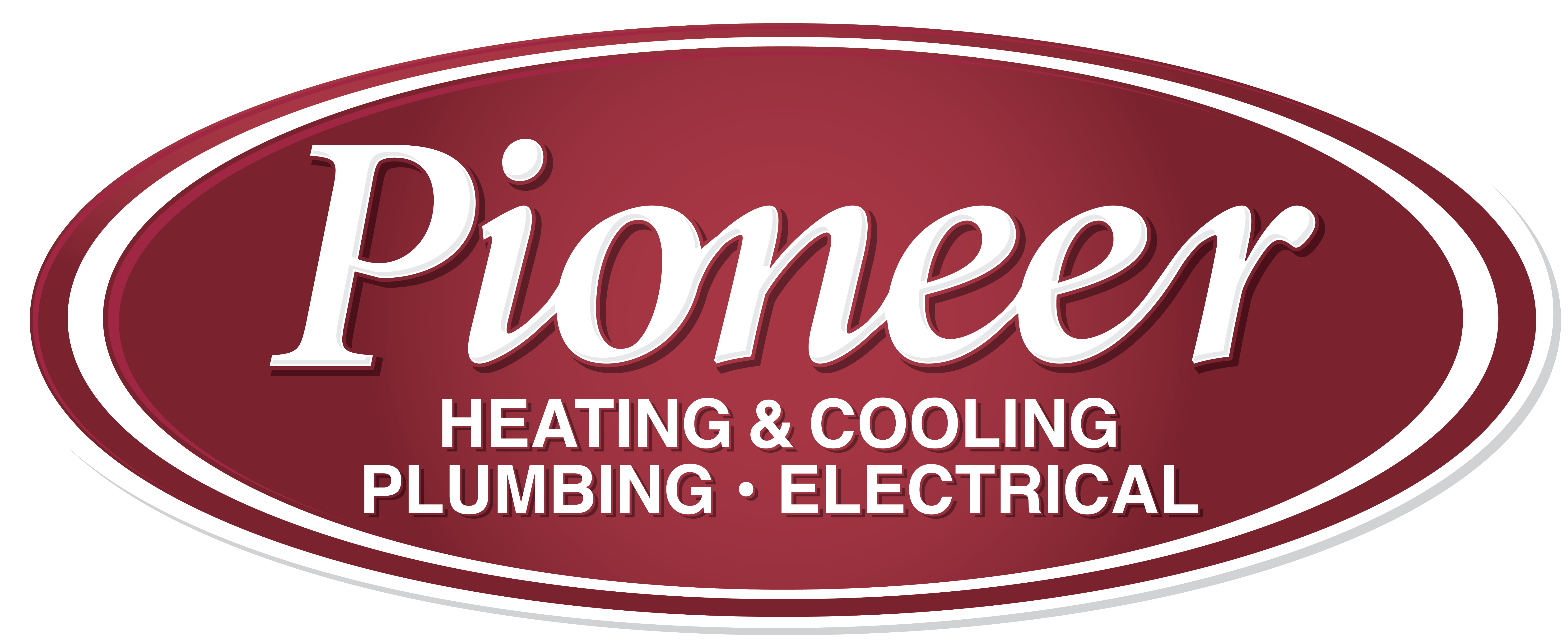Approximately 25% of your home’s heat can be lost through holes and cracks, which is why insulation is often considered homeowners’ best friend throughout the year. Proper insulation can not only keep your home toasty warm during the winter months but it can also prevent your HVAC system from overworking itself.
However, did you know there are ways you can help to keep your home comfortable and warm throughout the winter aside from foaming sealant? Consider the following ways you can help to prevent heat from escaping during these last few chilly months.
- Use draught stoppers. You’d be amazed by the amount of heat that escapes right through the crack beneath your door. Keep the heat from getting out by dropping a draught stopper right in front of it. You can buy a draught stopper at most stores and they come in an array of colors to suit any style home.
- Insulate your floors. Hardwood floors can look very chic, but heat can also escape through your floorboards. To keep your heat in your home and away from the ground, insulate your floors using a rug such as a shag rug.
- Use draught-sealing tape. It isn’t always your front door that lets out your home’s heating. Sometimes a certain room in your home is significantly cooler than others, which can cause draughts throughout the rest of the house. Consider using draught-sealing tape along in the doorframe of your home’s inside doors to prevent your home heating system from battling against these draughts.
- Keep your home heating system up to date. If you’re experiencing problems with your home’s heating but your home is properly insulated, the problem may be with your HVAC system. Consider contacting your local heating repair service for an HVAC evaluation.
- Use foam cutouts on your outlets. Surprisingly, outlets can also suck out your home’s heating. By insulating your outlets with small foam cutouts you can help prevent additional heat from being lost.
One of the best ways to ensure your home stays as warm as possible during the winter is to maintain the efficiency of your HVAC system. Contact your local heating repair service at Pioneer Heating and Air today for more information.
